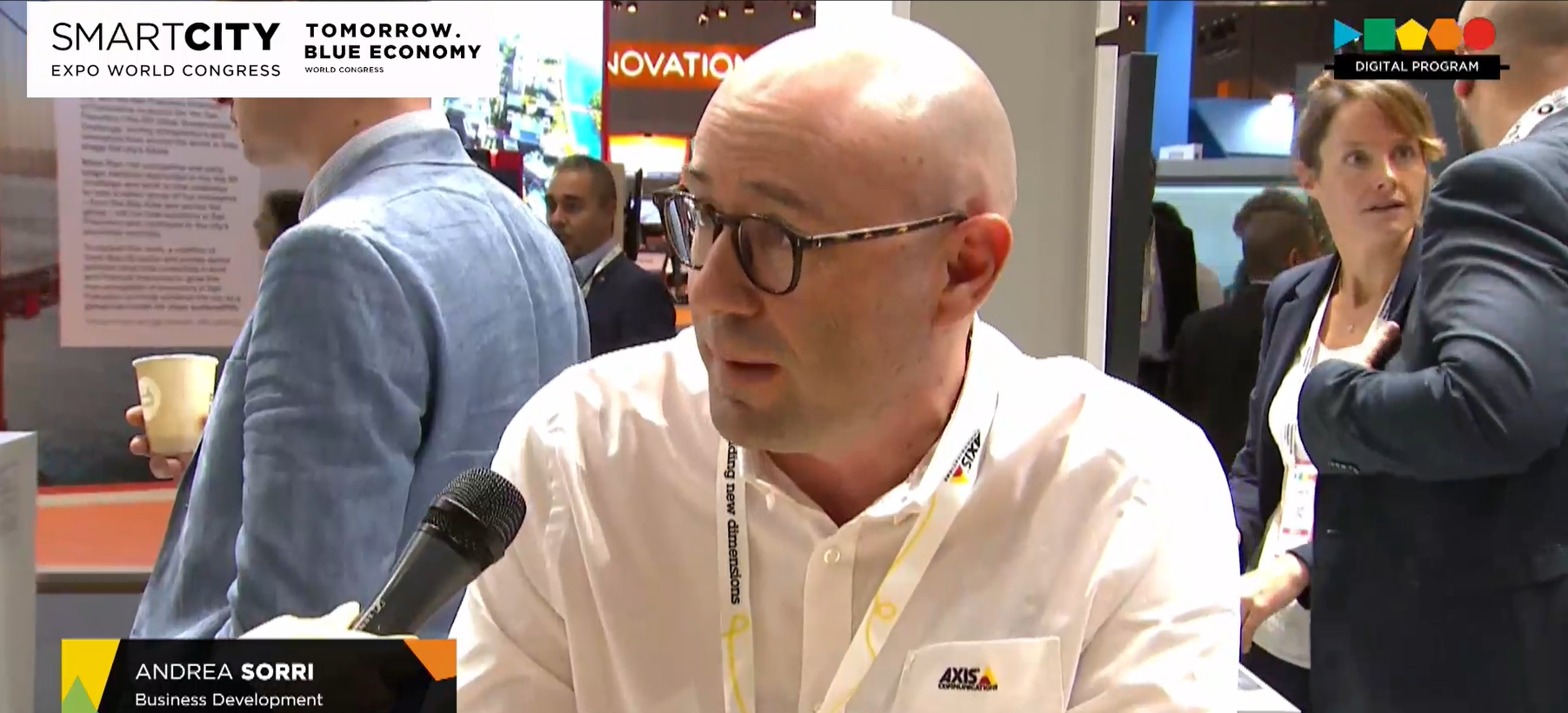This is a guest post by Cassio Spina, founder and president of Anjos do Brasil, and leader of the ABES Startups Committee. The opinion presented in this article is the responsibility of its author and not of ABES – Brazilian Association of Software Companies
As global economic and political uncertainties rise, the investment landscape for startups in Brazil faces significant challenges. According to the Distrito platform, the first quarter of 2023 witnessed an 86% drop in new investments compared to the same period in 2022, with investments plummeting from $1.7 billion to $247.02 million. Despite these setbacks, Brazil still holds immense entrepreneurial and innovative potential. The beacon of hope lies in creating promising public policies that support startups, preventing stagnation and ensuring we reach our full potential.

Brazil has lost global competitiveness for three consecutive years, as per the International Institute for Management Development (IMD), which assesses the attractiveness and business generation capacity of countries. In 2023, Brazil ranked 60th, ahead of only South Africa (61st), Mongolia (62nd), Argentina (63rd), and Venezuela (64th). This decline underscores the urgent need for effective public policies to stimulate investment and foster a thriving startup ecosystem.
Angel investment in Brazilian startups has the potential to increase from BRL 984 million per year to BRL 3 billion per year in the short term and up to BRL 10 billion annually in the medium term. According to the OECD (Organization for Economic Cooperation and Development), angel investors play a critical role in financing startups. Major tech companies like Apple and Google relied on angel investors to achieve their global impact. Angel investment not only provides capital but also brings the experience, knowledge, and networks of investors, significantly boosting the chances of success and accelerating business growth.
Given this context, it’s clear that promoting public policies is essential to stimulate investment in startups. Efforts should focus on achieving tax equality, such as providing tax exemptions for companies listed on the stock exchange valued at less than BRL 700 million and allowing partial investment compensation in Income Tax. These actions do not negatively impact revenue and contribute to economic competitiveness by generating more jobs and income, as demonstrated by a study jointly conducted by Anjos do Brasil and international consultancy Grant Thornton.

Complementary Law 155/2018 and the Legal Framework, approved in 2021, have enhanced legal security to support the process but are still insufficient to stimulate more startup investments. The next step involves advocating for the approval of Bill No. 3922/2023 by Senator Carlos Viana (Podemos/MG) in the National Congress. This bill aims to amend the Income Tax legislation for individuals to allow capital contributions made to startups to be deducted from the IR calculation base.
In his justification, Senator Viana emphasizes that the proposal aligns national legislation with global best practices for promoting a fertile business environment for startups. He notes that this initiative is consistent with Article 218 of the Federal Constitution, which mandates the State to promote and encourage scientific development, research, scientific and technological training, and innovation.
International comparisons highlight the disparity in angel investment. A study by the University of New Hampshire reveals that the United States has 298,000 angel investors who invest $21.3 billion in high-potential companies. In Europe, there are 304,000 angel investors responsible for €6.1 billion. In contrast, the amount invested in Brazil represents only 0.9% of the global average. This disparity is partly due to tax incentives abroad. In the United States, there is a 10% to 100% deduction from Income Tax, depending on the state. France offers a 25% exemption, while the United Kingdom provides tax exemptions and allows up to 50% compensation of the investment in due taxes. Portugal offers a 20% exemption, and both the UK and Italy offer exemptions on capital gains.
To boost entrepreneurship and innovation in Brazil, it is crucial to achieve tax equality, improve the regulatory environment, train and connect investors and entrepreneurs, and raise awareness about the benefits of startup investments. These steps will create a supportive ecosystem that drives economic growth and positions Brazil as a leader in the global startup landscape.
Images | Alexandre Gonçalves da Rocha, Pete Linforth






















































